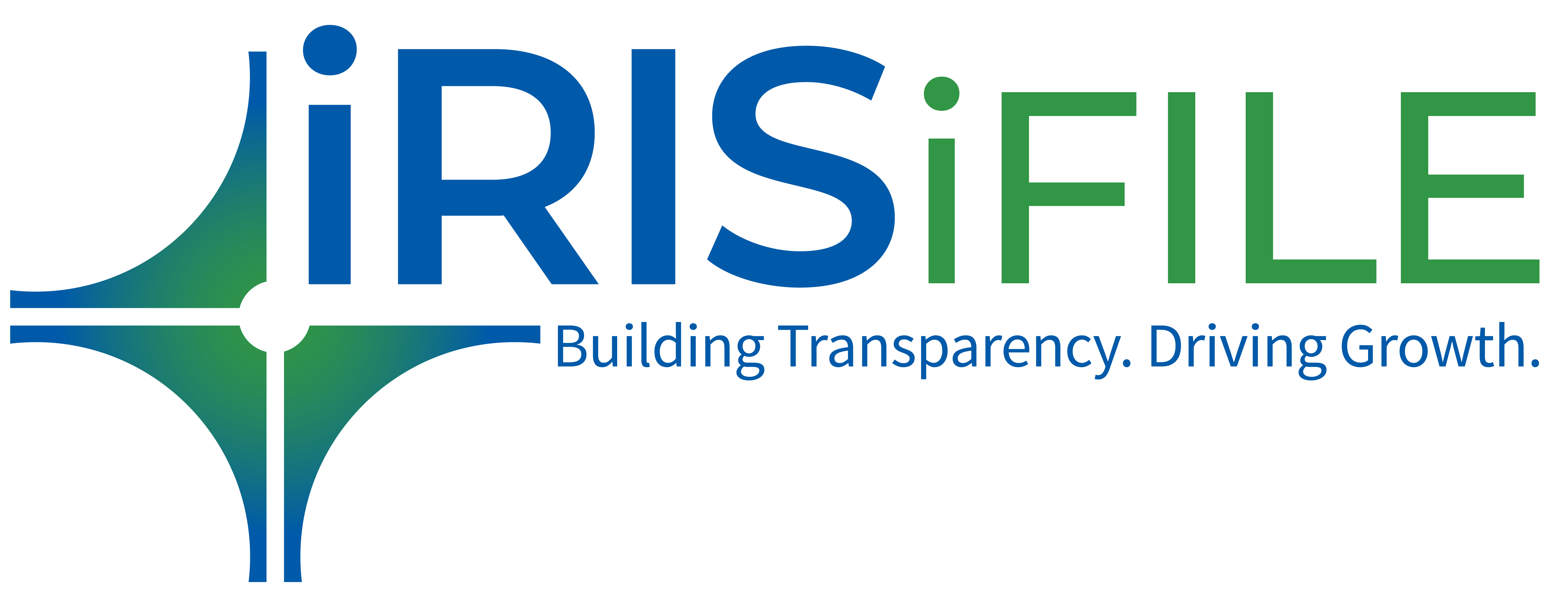Achieves efficient distribution and analysis of financial data with IRIS iFILE
The Securities and Commodities Authority, established in 2000, is the regulator for UAE’s financial markets. In 2011, the Securities and Commodities Authority went live with its XBRL-enabled filing platform: FIX. The platform, powered by IRIS iFILE and used by listed companies and stock brokers in the Dubai Financial Market (DFM) and Abu Dhabi Securities Exchange (ADX), was built to facilitate efficient dissemination and analysis of financial information.
Background
The Securities and Commodities Authority (SCA) aims to develop the organizational and supervisory framework of the list joint-stock and other companies operating in the securities area and to enhance the investors’ trust in the Authority.
Prior to implementing XBRL, companies used to submit their financial data to SCA in PDF format, which was causing 2 key issues:
- Machine Readability: The PDF submissions did not lend themselves to machine readability, and were not ideal for data extraction and analysis. The manual process for capturing the data from pdf documents was also prone to errors. Therefore, everyone had to rely on data aggregators to get fundamental data for listed companies.
- Data Accessibility: All data consumers, be it institutional investors, or individuals wanted direct access to the raw data, without having to go through a vast amount of PDF documents or via data aggregators. SCA was looking to make the data more accessible and implement a solution that would make information directly available to consumers in easy-touse formats.
This is where XBRL emerged as a viable solution.
XBRL not only makes data machine readable and more accessible, but also helps faster transmission of data. With XBRL data, other objectives such as automated validation, analysis and report generation can also be met with ease.
The Solution
SCA appointed IRIS Business Services Ltd. to roll out their XBRL program for listed companies and brokers. The program which started in 2011 was upgraded in early 2015 to introduce some changes in taxonomy and filing procedure based on the initial experience and market feedback.

Some key features of the FIX Program:
- Use of IFRS Taxonomy as Base: SCA is the first regulator across all XBRL jurisdictions to use the IFRS taxonomy as the base for its own taxonomy. It was decided that the taxonomy would be reviewed every two years. But if there were significant, material changes to the base IFRS standard and taxonomy, it would be reviewed the very same year. A periodic review mechanism was put in place to understand any new requirements of the markets, the challenges and problems faced by the reporting entities and data consumers and the Authority. The SCA taxonomy as of April 2015 is based on IFRS 2014.
- Allowing for Extensions: SCA did not want to allow free extensions. At the same time, they wanted to accommodate exceptional cases where companies wanted to address unique reporting requirements. Hence, SCA decided to only allow extensions that would be reviewed and approved by their XBRL committee. This would ensure a controlled approach to adopting extensions while not compromising on comparability.
- Simple XBRL Report Creation Utility: An Excel based utility was provided to filers to help them prepare reports in XBRL. With pre-defined templates and embedded taxonomy, it simplified the filing procedure and minimized time spent in report preparation.
- 360-degree Stakeholder Involvement: To allay any fears in the adoption of the new system and the associated costs, all the stakeholders including auditors, exchanges, listed companies, data aggregators, brokers, analysts and the central bank were brought together to discuss the implementation plan. This helped bring about a consensus and define the program contours in a manner that fit every entity’s requirements.
- Voluntary Filing: SCA ran a pilot program and involved the larger companies to lead the way. A select set of 20 listed companies in the UAE were engaged for voluntary filing in XBRL to set an example for the rest of the market. The companies involved in the pilot were recognized in a public forum for their commitment and support to the new initiative.
The Results
With FIX, SCA embarked on an ambitious first-of-its-kind project in the Middle East, to implement a reporting solution based on XBRL. The project that started with around 20 listed companies as part of the initial pilot now covers almost all the 125 companies in the region. The XBRL platform is also live for brokerage firms for prudential reporting. In the first quarter of 2015, the taxonomy and platform were upgraded to accommodate changes in the IFRS standard and taxonomy and local reporting requirements.
Multiple stakeholders such as companies, auditors and regulators now collaborate, review and consume data using this single platform.
Key benefits of this implementation:
- Easy Accessibility of Data: With filing now in electronic form versus the previous PDF format, data is much more accessible to end users for consumption and further analysis.
- Productivity Improvements: Previously the prudential data of brokers, capital adequacy segregation if accounted etc., were collected through excel sheets and this had many underlying problems. With XBRL, this process has been automated, leading to productivity improvements of up to 50% for brokers as well as savings on surveillance and licensing for the Authority.
- Increased Efficiency: The system has made the governance and reporting of prudential data efficient for brokers. Brokerage firms have appreciated the system for its reliability and ease of use.
- On-time Data Availability: With PDF filings, data though available with SCA was not usable without a lot of manual effort. With XBRL, the data is now standardized, machine-readable, easy to analyse and hence facilitates improved policy-making.
- Language Support: The preparation tool available for filers has language flexibility so that users can view the application in the language of their choice: Arabic or English.
In order to compete in the global financial arena, regulators and authorities need a less complex, more efficient financial reporting method. XBRL provides flexibility in reporting, enhanced transparency, detailed industry performance comparisons and effective regulatory monitoring. Being a global standard, XBRL also has the added benefit of compatibility and comparability with other jurisdictions that have adopted XBRL.








